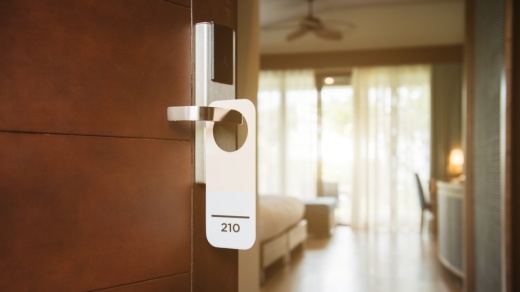According to city documents, Dallas intends to expand the Kay Bailey Hutchison Convention Center Dallas and improve several facilities at Fair Park.
The convention center, located at 650 S. Griffin St. in downtown Dallas, is a city-owned facility that holds yearly conferences and other events.
In November 2017, the city presented a study that identified several needs at the center, including additional ballroom and meeting space, space for food and beverage preparation, and additional hotel rooms to attract larger shows and conventions from a wide range of industries to address barriers to market growth and economic development.
According to documents included as part of an April 27 Dallas City Council meeting, the city plans to undergo these and other related infrastructure improvements aimed at “enhancing its use, value, and appeal.”
In addition, the city is also looking to acquire, construct and improve certain facilities located at Fair Park.
Fair Park is a municipally owned park that serves as the host site for the Texas State Fair. Specifically listed in a council resolution approved April 27 are the Automotive Building, the Centennial Building, the Band Shell, the Music Hall, the Cotton Bowl and the Coliseum.
In order to pay for the improvements to the venues, the city aims to raise Dallas’ hotel occupancy tax rate by 2%. Mayor Pro Tem Chad West said the use of hotel occupancy tax would mean that taxpayers are not responsible for the construction costs.
The hotel occupancy tax is a state mandatory tax applied to guests who rent a hotel room that costs $15 or more each day, according to the Texas Comptroller website. The tax applies not only to hotels and motels, but also to bed and breakfasts, condominiums, apartments and houses. The state hotel occupancy tax rate is currently 6% of the cost of a room, though some cities are also authorized to impose an additional local hotel tax. Dallas currently charges a 7% rate. This proposal would bring the total hotel occupancy tax rate in the city to 15%.
According to the city’s estimates, the revenue generated through the hotel occupancy tax increase is expected to be $1.5 billion over 30 years.
Dallas City Council approved the resolution in a 14-1 vote during the April 27 meeting with Council Member Cara Mendelsohn, representing District 12, being the lone vote against it.
That approval allows Dallas City Manager T. C. Broadnax to send the resolution to the Texas Comptroller’s Office to determine whether implementing the increased hotel occupancy tax will have a significant negative fiscal impact. If the proposed increase is approved by the comptroller, the resolution is expected to be placed on the November 2022 election ballot to give Dallas voters the final say on whether to increase the hotel occupancy tax.
Editor's note: This story has been updated to correct an error. Dallas currently charges a 7% rate. This proposal would bring the total hotel occupancy tax rate in the city to 15%.





